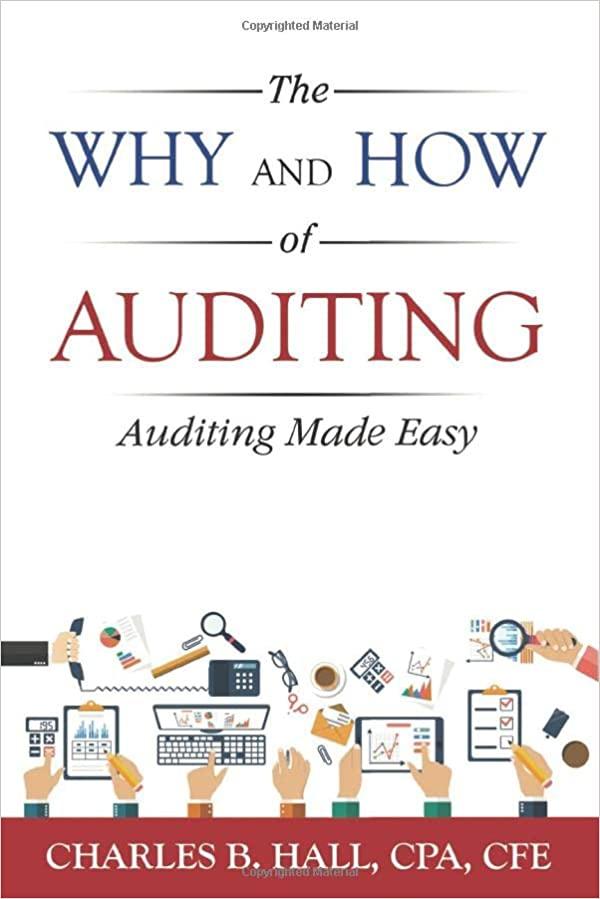Question
Marcon Properties Ltd. is a diversified private company that owns approximately 60 retail properties that the company has operated as discount department stores. These stores
Marcon Properties Ltd. is a diversified private company that owns approximately 60 retail properties that the company has operated as discount department stores. These stores are small, stand-alone properties that Marcon owns outright, although most properties are heavily mortgaged. In 2011, the company decided due to increasing losses from retail operations that all discount department stores should be closed and properties converted to rental units. This process was successfully started in 2011, with 22 of 60 properties signed to long-term rental agreements with tenants. It is now the end of 2011, and all retail operations have ceased. There are 38 properties currently sitting vacant. Marcon believes that it can successfully lease the remaining properties over the next 9 to 23 months.
For the 2011 fiscal year, an accounting policy has come up in relation to the vacant properties - whether the properties should be depreciated during the period they sit vacant prior to rental. Those in favour of recording depreciation point out that the properties continue to deteriorate during the period in which they are idle and that depreciation is meant to allow for obsolescence, not just wear and tear. Those who favour suspension of depreciation point out that amortization should be matched with the rental revenue that the properties will generate in the future. Marcom is reporting a positive net income in 2011, generated from a variety of other activities.
Required
Explain which accounting policy you would expect to be adopted in the following independent circumstances. Note that in some circumstances, the company will be indifferent to the policy chosen.
1. Marcon is a public company and wants to show a smooth upward earnings trend
2. Marcon has a team of senior managers who are compensated with a cash bonus based on a percentage of annual net income. Senior managers will choose the accounting policy.
3. Marcon is a private company, financed 60% through debt and 40% through equity, and has debt covenants that specify minimum debt-to-equity and return on assets. (net income divided by total assets)
4. Marcon is managed bu its major shareholders, who wish to minimize income tax payments.
5. Marcon controlling shareholders who are not directly involved in the business, and they wish to use the financial statements as a method to evaluate the stewardship and performance of managers.
6. Marcon has a team of senior managers who are compensated with a cash bonus based on a percentage of annual income. Assume for this part only that the company will report a loss in 2011 from other sources and that managers will not receive any bonus this year.
Step by Step Solution
There are 3 Steps involved in it
Step: 1

Get Instant Access to Expert-Tailored Solutions
See step-by-step solutions with expert insights and AI powered tools for academic success
Step: 2

Step: 3

Ace Your Homework with AI
Get the answers you need in no time with our AI-driven, step-by-step assistance
Get Started


